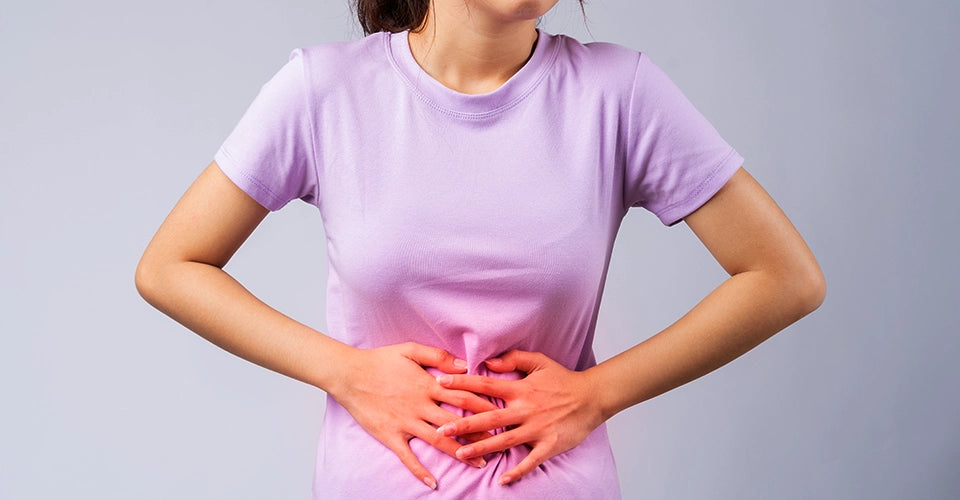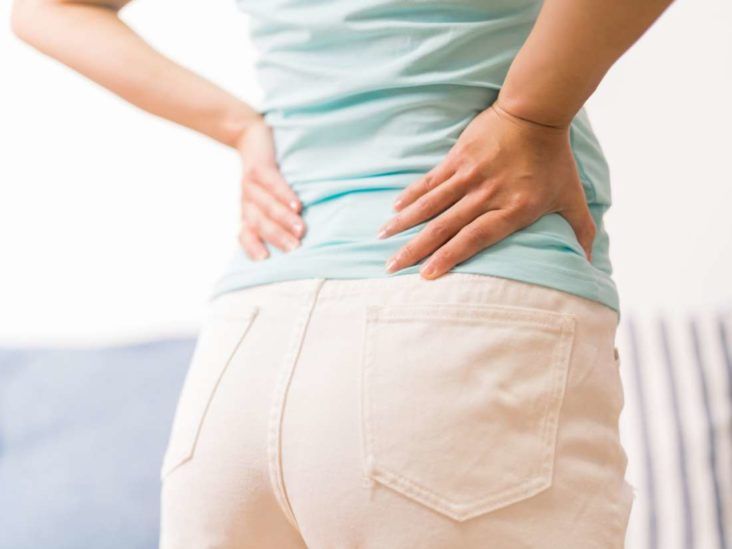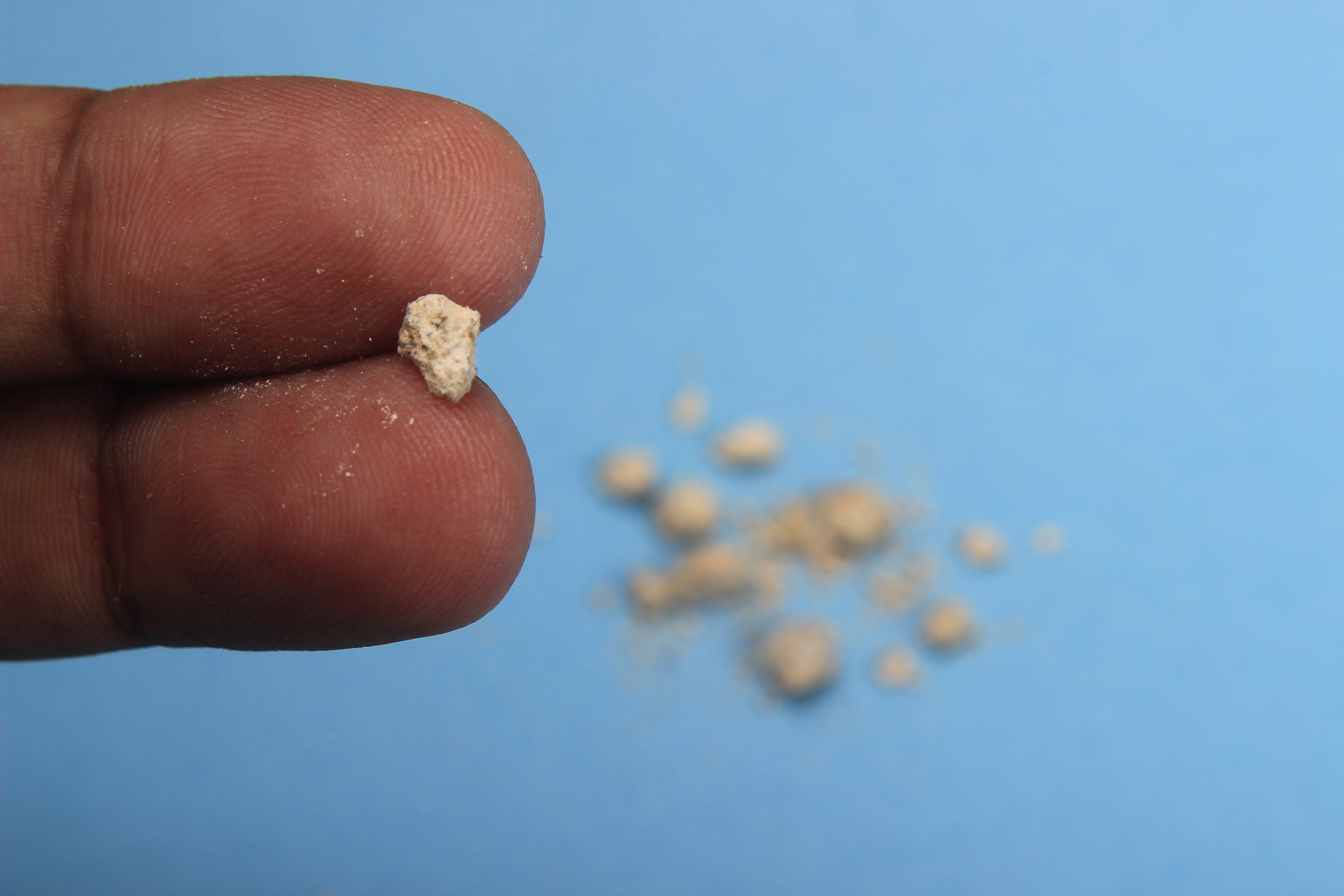The growth of a person happens with the elongation and enlargement of tissues (all tissues, including bone tissue). Usually, growth or growing process does not cause any pain, i.e. nature will accommodate every addition, build-up, expansion, etc., in its own way. But, sometimes, children feel vague pain in the leg/body due to stretching of muscles against growing ends of the bones to cause snatch against the stretch, i.e., “growing pain”.
Growing pain seems to be a quasi-rheumatic pain for children, but actually they are supposed to be only muscle pain. This annoying pain usually attacks children especially at night, making the child and the parents sleepless. Even though it is not a serious illness, it can be quite annoying. Parents play masseur to the children all through the night to make the child sleep.
Incidences – Growing pains commonly occur in children below teenage.
Causes – History, examinations and investigations will not reveal anything related to thecausative factor. One thing is certain – the bone does not seem to cause the growing pain. Researchers suspect the stretch of the muscle, tendons and ligaments against their attached ends of growing or elongating bones during growth process causes this so-called growing pain. The medical world also sometimes considers growing pain as a misnomer and treats it as a vague condition (not disease), since it goes off on its own over a period of time and does not seem to be persistent in growth spurt ages i.e. in teenage. Stress and strain (running, jumping, playing, etc.) can aggravate these complaints but they play no role in its causation.
Symptoms
Usually symptoms vary in places and intensity from person to person. Unlike cramps, growing pain does not have any sustained contractions of the muscles other than pain. Commonly
- Pain occurs in leg muscles since legs grow more than other parts (especially in calf muscles & thigh muscles) and never involves bones
- Pain occurs commonly in both legs
- Pain occurs most commonly at night
- Pain gets intensified after active day
- Pain gets intensified with cold weather
- Pain usually gets better with massaging, squeezing, tightening, pinching,
- stretching, movement, etc.
- Pain makes one restless, i.e. sufferer wants to change position often or move constantly or repeatedly.
- Usually get outgrow with growth
Diagnosis – Usually growing pain is diagnosed by ruling out other serious illnesses with lab results. Most of the time, if the sufferer is able to differentiate bone pain and muscle pain, then there won’t be any requirement for investigations at all. But, if pain in the leg could not be differentiated due to the age of child or if it happens to recur severely again and again, then it is better to evaluate the complaint with following tests:
Plain X-ray – to rule out arthritic (bone) diseases
Blood test – Tc, Dc, Esr, Haemoglobin level, sugar, serum calcium, ASO titre, RA factor, etc.Hormones test – Thyroid hormones, i.e. T3, T4, TSH
Urine – Sugar, albumin and deposits
Finally, if required, one can go with further evaluation with nerve conduction test to rule out nervous disorders, Electromyography to rule out muscular disorders and whole body MRI scan to rule out any other pathology.
It is always worthy to exclude rheumatoid arthritis, rheumatic fever, etc., with blood tests.
Also growing pain can be diagnosed and analysed with the history, incidences, aggravating factors, aggravating time, ameliorating time and ameliorating factors.
Prevention & management
Give child
- Plenty of water with glucose or juices
- Plenty of vegetables, nuts and dry fruits
Do
- Stretch or mild massage to the muscles involved
- Keep legs warm by covering it with blanket during sleep
- Wear socks / shoes / stockings in cool climate
Avoid
- Curling up in bed and chair for prolonged period
- Unnecessary medications
Complications – The severity of symptoms often make one cry throughout the day and night. Pain and even nightmare of the pain may make the sufferer and parents sleepless and depressed. But mostly there won’t be any complication at all.
General treatment – Usually after ruling out all other serious illnesses, doctors give reassurance that the sufferer will outgrow these growing pains with growth or in due course. In severe cases, they would prescribe analgesic ointments along with supplements (calcium, magnesium and essential fatty acids) and rarely prescribes pain-killer tablets.
Homeopathic approach
Just giving support and reassurance cannot make one get peace of mind in case of growing pain, since the sufferer will be usually a child, i.e., the child cannot understand reassurance or tolerate the pain all the time. Also, the parent cannot have peace of mind even though the doctor would have explained about its harmlessness (no way related to complications) due to the constant crying of the child throughout the night.
Growing pain should not be treated just with anti-inflammatory drugs / pain-killers / analgesic ointments, since the situation may often get worse. Also, with anti-inflammatory drugs / analgesic ointments / pain-killers it is nothing but intermission of pain. Likewise, using them continuously will make them useless in the near future.
Homeopathy can ease growing pain amazingly without any side-effects by clearing all possible causes, i.e., Homeopathy medicines can increase blood supply to the muscles, stamina and withstanding capacity of the muscles / tendons / ligaments to tolerate any strain or growth or stretch. Homeopathic medicines will be usually selected after detailed analysis of the condition with respect to nature of pain, aggravating factors, characteristic symptoms of disease and characteristic symptoms of the sufferer.
Homeopathic medicines commonly used in cases of growing pain are Arnica, Belladonna, Bryonia, Calc carb, Causticum, Chamomilla, Colocynthis, Cuprum met, Cypripedium, Ferrum met, Kali phos, Kalmia, Lachesis, Lycopodium, Mag phos, Nux vom, Phytolacco, Pulsatilla, Rhus tox, Ruta, Tarentula, etc,. These medicines should be taken under the advice and diagnosis of a qualified Homeopath.
for new hope
Dr. S. Chidambaranathan, BHMS, MD
(Homeo)
Laxmi Homeo Clinic
24 E. New Mahalipatti Road
Madurai, TN 625 001
India
Tel: +91-452-233-8833 | +91-984-319-1011
(Mob)
Fax: +91-452-233-0196
E-mail: drcheena@yahoo.com
www.drcheena.com / www.drcheena.in
(Disclaimer - The contents of this column are for informational purpose only. The content is not intended to be a substitute for professional healthcare advice, diagnosis, or treatment. Always seek the advice of healthcare professional for any health problem or medical condition.)

Related Searches :
Homeopathy Doctor in madurai, Best Homeopathy Doctor in Madurai,Homeopathy hospital in madurai, Best Homeopathy hospital in madurai,Homeopathy treatment in madurai, Best homeopathy treatment in madurai,Homeopathy doctors in madurai, homeopathathy consultant in madurai,homeopathy madurai, homeopathy hospital near madurai, best treatment homeopathy madurai,list of homeopathy doctors in madurai, dr chidambaranathan homeopathy madurai,drchidambaranathan homeopathy doctor madurai,drchidambaranthan homeopathy,hospital madurai,laxmi homeo clinic madurai.































Social Plugin